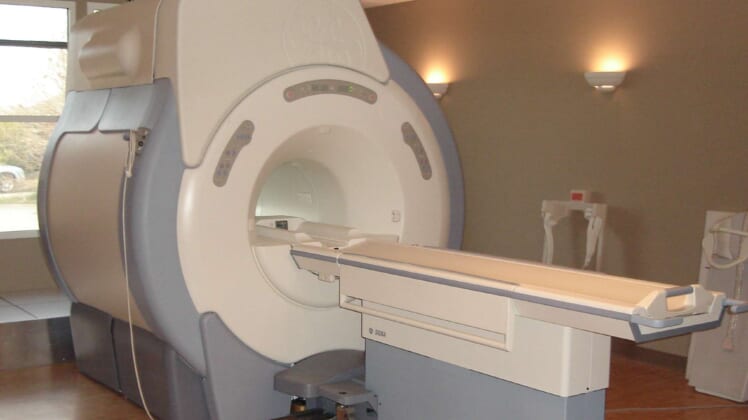
The study, conducted by University of Michigan researchers, is one of few that has examined the long-term effects of head injuries in the young adult population.
While the media has focused its attention as of late on youth, college and professional athletes who suffer head injuries and concussions while playing, researchers insist the study has a broader focus.
“These are not necessarily sports-playing injuries,” said lead author Sarah Stoddard, a research assistant professor at the School of Public Health and research fellow at the U-M School of Nursing, in a press release. “They could be from a car accident or from previous violent behavior, but it does support some of the sports research that’s been going on with concussions.”
The data from the study was compiled from over eight years of research that came from following a large group of ninth-graders in Michigan into young adulthood. In the fifth and sixth years of study, the participants were asked if they had ever suffered a head injury.
Those who said yes (23 percent) reported more violent behavior in the eighth year of the study.
Additionally, injuries reported in the seventh year were an even stronger predictor of violence in the eighth year.
“We found that the link between a head injury and later violence was stronger when a head injury was more recent, even after controlling for other factors including previous violent behavior,” Stoddard said.
Head injuries were defined in the study as having been knocked unconscious or sustaining a concussion or fractured skull.
An estimated 1.7 million people suffer from head injuries or traumatic brain injuries (TBI) each year – though this number only includes people who get medical care. About three-quarters of the injuries are mild and therefore do not get medical attention, but doctors say any TBI disrupts brain function.
Long-term impact can include changes in cognition, language and emotion, including irritability, impulsiveness and violence.
The study was published in the journal Pediatrics.
